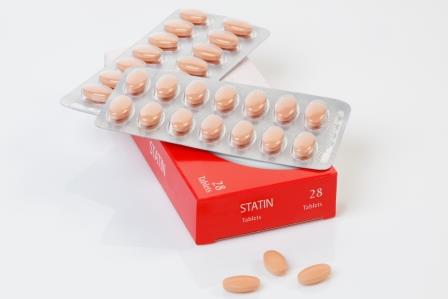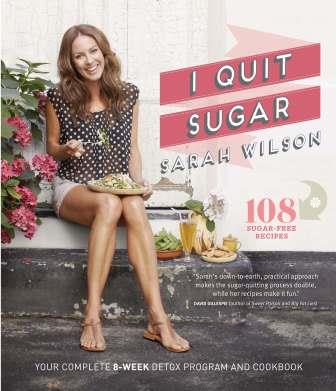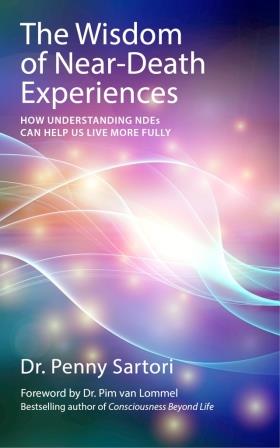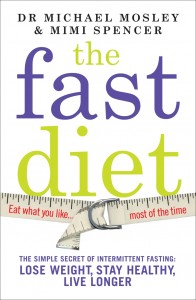 The Statins debate is alive and kicking, with the hotly debated question should they be prescribed to even more people? Do they make enough of a difference, do the side effects outweigh the benefits or are they being overprescribed as an extra layer of protection that many people just don’t need. And why is it that many GP’s and medical professionals claim that they themselves wouldn’t take them?
The Statins debate is alive and kicking, with the hotly debated question should they be prescribed to even more people? Do they make enough of a difference, do the side effects outweigh the benefits or are they being overprescribed as an extra layer of protection that many people just don’t need. And why is it that many GP’s and medical professionals claim that they themselves wouldn’t take them?
So why would you be offered statins? If your LDL cholesterol (the bad kind) is raised, if you have any heart complaints or your family history points to a risk in you developing cardiovascular disease in the next 10 years then you would likely be prescribed statins. So far so good…
The problem is that in the UK statins are the most commonly prescribed medicine in and the percentage of people they are doled out to is increasing 30% year on year. The National Institute for Health & Care Excellence (NICE) guidelines used to recommended that statins were prescribed if a person’s risk of heart disease was greater than 20% over 10 years. But they are now considering that this figure should be lowered to 10%, which would capture many more patients (potentially healthy people) in the net.
In many cases statins are no longer under patent, meaning cheap generic drugs can now be produced, it is probably no coincidence then that the NHS in parts feels it is cheaper to put patients on long term use of statins to prevent more costly cardiovascular intervention care down the line. But does that make it right for the patient? Not all leading Doctors agree!
All medical professionals do seem to agree that if a person has had some sort of cardiac event such as a stroke or heart attack, then taking statins is essential in preventing a second event.
But things become controversial when people are prescribed the medicine as prevention, on the basis that they have a 10% chance of a cardiac episode in the next 10 years. The risk is calculated based on things like a history of smoking, obesity, high blood pressure, having a close relative (a parent or sibling) who has had a heart attack and high cholesterol – but it is not an exact science. On this basis the new NICE guidelines would suggest most people over 50 would need to be on statins.
The other area of concerns for experts is side effects, many patients complain of muscle pain, insomnia, fatigue and gut problems to name a few…The existence of side effects is not surprisingly strongly denied by the manufacturers. But patients and some medical professionals remain unconvinced. They are left wondering in low risk patients whether the side effects are worth putting up with for the small potential benefit in health.
The last area of concern is just how much difference taking statins for life will make in a relatively healthy person. Dr Briffa, someone who actively debates the use of statins shares these statistics in one of his blog posts:
“Data shows that in primary prevention, 300 people will need to be treated with statins for a year to prevent one heart attack. So, if someone were to come off their statins for a year, the risk of them having a heart attack as a result are actually tiny (about one third of one per cent). Even if we multiply this figure over several years, the risk still remains very low.
In individuals with a prior history of heart attack or stroke ‘secondary prevention’, the benefits of statins are greater. In this context, for example, statins do reduce the relative risk of death (particularly from heart attack). However, again, this benefit needs to be taken in the context of underlying risk. The data show that if 200 people were to be treated with statins for a year about one person would be spared a heart attack. If 100 people were treated, only about one life would be saved over the next five years.
Taking all benefits into consideration, over five years of treatment, 96 per cent of people would not benefit at all.”
If you are struggling with side effects from taking statins or are just looking for ways to reduce your cholesterol naturally then here are some ideas:
It is thought that people may experience muscle weakness, aching and fatigue as statins switch off production of co-enzyme Q10, which is essential for the energy production in muscle cells. Some people replace this lost co-enzyme with a Q10 supplement.
Oxidised cholesterol is the main issue, if you are overweight then getting to a lower BMI will help as will increasing your activity levels, but it is also essential that you increase the amount of fresh vegetables and fruit that you eat. These are packed full off antioxidants which help prevent the oxidation of circulating cholesterol.
Some other supplements may also be helpful – garlic tablets can reduce hardening and furring of arteries, Omega 3 fish oils can increase good cholesterol (HDL) at the same time as lower bad cholesterol (LDL), artichoke extracts have a similar effect by blocking the synthesis of excess cholesterol in the liver.
Lastly some people benefit by adding in plant sterols, which closely resemble cholesterol, it works by blocking absorption of dietary cholesterol. Plant sterols are what are found in the high street products such as Benecol and Flora pro.active.
This article is just a perspective and does not constitute medical advice. Do not come off any medications without speaking to your GP.








